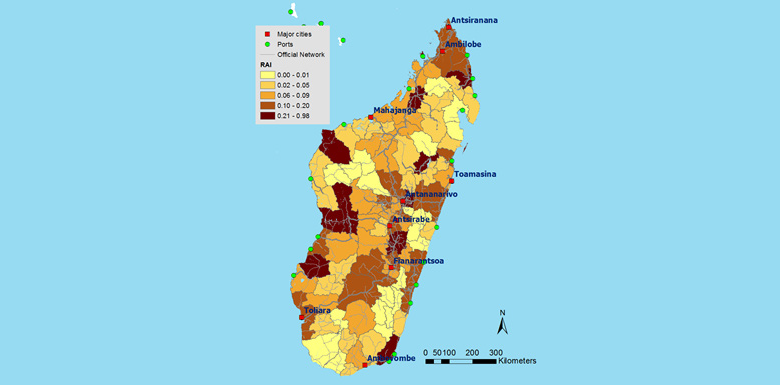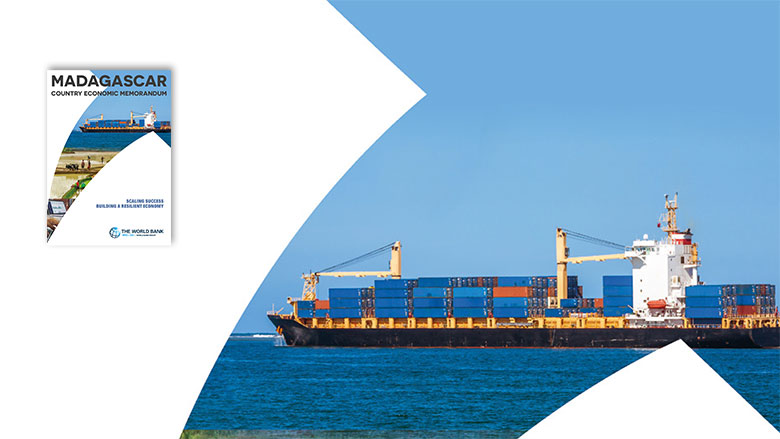The key conclusions of the Madagascar Country Economic Memorandum in four figures:
Promote competition, market contestability, and improvement of the business climate
Madagascar has a challenging business environment, characterized by a lack of inclusiveness and considerable barriers to entry in key sectors of the economy. In fact, Malagasy markets are often perceived as being dominated by a few powerful businesses and economic actors. To level the playing field, the competition law should be enhanced and its application supported by a Competition Council and regulatory bodies that are more effective and independent of the line ministries and private operators. More broadly, simplification of the administrative rules and digitization of a number of public services could significantly improve the business climate and promote private investment.
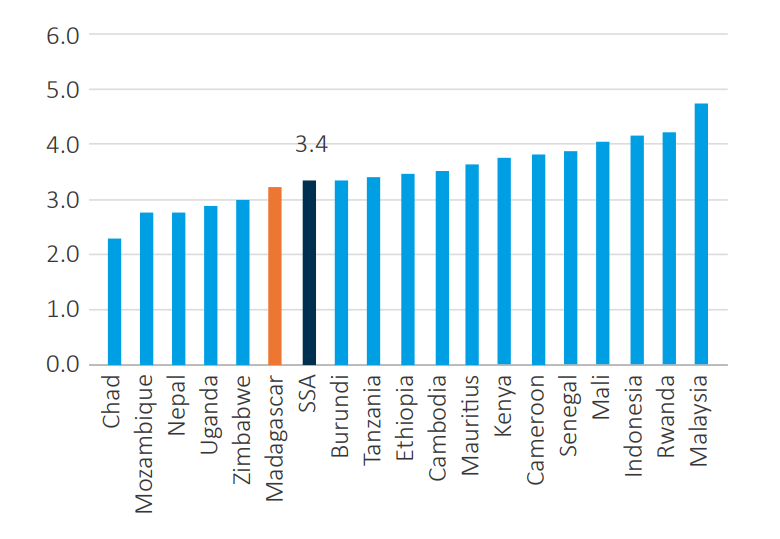
Boost the productivity of the rice sector
The report recommends improving the competitiveness of the rice value chain to boost the competitiveness of locally produced rice in relation to imported rice, which is not the case today. Estimates indicate that approximately just 20% of rice grown in Madagascar is marketed, with the rest for direct consumption by farmers. The report suggests deepening current investments in rural connectivity, expanding rice-farming areas, and strengthening land tenure security. Moreover, the elimination of customs duties exemptions on rice imports could also encourage local producers to market their production and invest in higher-yield methods, while freeing up resources for public investment in regional infrastructure and social programs. Lifting restrictions on the export of premium varieties of rice, as well as of vacuum-packed vanilla, premature lychee harvests, ylang-ylang, and livestock could also help boost producers’ incomes and encourage investment in agribusiness.
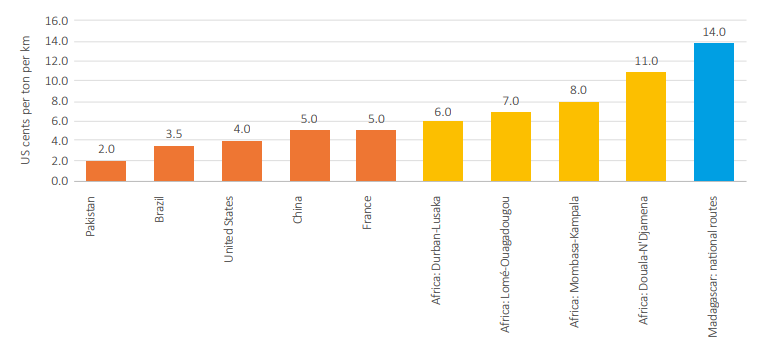
Enhance the quality of human capital
A Malagasy child born today will only be 37 percent as productive in adulthood as she could be if she enjoyed access to full health and education services. This productivity gap places Madagascar at the bottom of the global human capital index. Enhanced investment in education, health, and social protection is essential to allow a young and rapidly expanding population to seize the opportunities offered by economic growth. Merit-based recruitment for teachers as well as alignment of the academic calendar with the agricultural season are proving to be top priorities to improve learning outcomes. Improving health and nutrition services and strengthening social safety nets for the poorest are also crucial to help reduce stunting, which affects 47% of children.
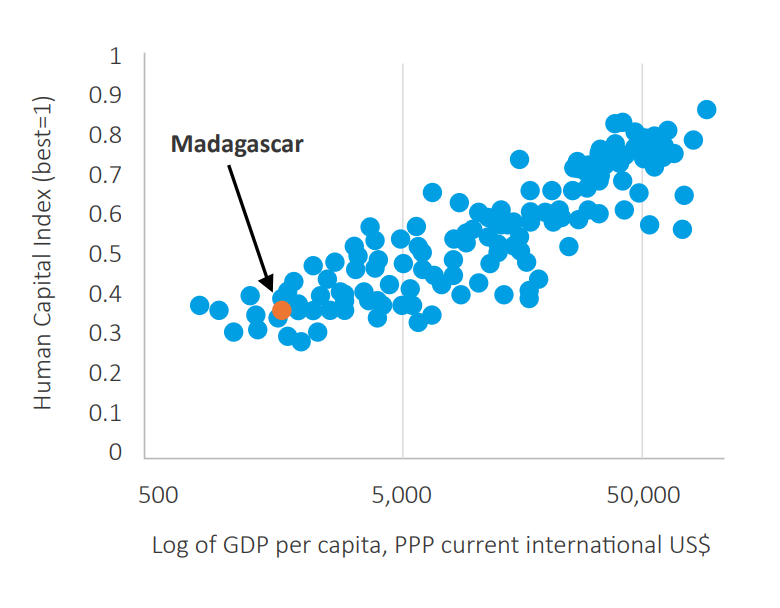
Improve connectivity and access to energy and digital services
In Madagascar, the poor quality of the road network (particularly feeder roads) restricts access to markets and increases vulnerability to climate events. To improve access to the road network in rural areas and benefit from infrastructure projects under way (particularly relating to the agricultural corridors), the country should enhance its public investment execution process, develop new resources for road maintenance, and strengthen logistical support infrastructure. Restructuring of the railway concession and renewal of the partial Open Skies agreement are other priorities to be considered in order to improve connectivity and open up new commercial opportunities. Moreover, the continuation of efforts to support the financial recovery of the national electricity company, JIRAMA, is essential to improve network access and reliability, while the authorization of competing investments in digital infrastructure and a reduction of licensing costs could attract new investments and lower the price of connections.
